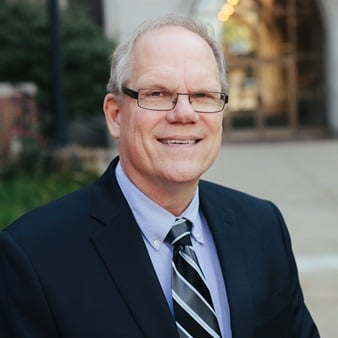
Daily Devotional | A Better Sacrifice
We don’t talk about sacrifices very much today, but they were a common practice in many religions. Sacrifices were offered for various reasons. Sometimes, it was merely an expression of religious feeling, a way to feel connected or to say “thank you” to their god. In other religions, a sacrifice was almost like a bribe, intended to purchase favor.
The sacrifice of Christ was different. In Hebrews 9, the author compares Jesus’ offering of Himself to a covenant, a ransom, and a will. A covenant is a kind of divine promise. In a covenant, God commits to do something. In the case of Christ, it was to provide “those who are called” with a “promised eternal inheritance” (v. 15). To accomplish this, Jesus had to die as a “ransom,” a payment made in exchange for someone’s life (v. 15). Because the payment was Christ’s death, the writer also compares Christ’s sacrifice to a will or testament, “because a will is in force only when somebody has died” (v. 17). But Christ’s death was more than a payment, it was an act of substitution. Christ died for us.
These ideas were also present in the sacrificial system described in the Law of Moses (vv. 18–22). But the author notes three things that make Christ’s offering “better” than those. First, Christ’s offering did not take place in a copy, but Jesus “entered heaven itself, now to appear for us in God’s presence” (v. 24). Second, while the offerings of the Old Testament Law had to be repeated, Jesus “appeared once for all at the culmination of the ages to do away with sin by the sacrifice of himself” (v. 26). Third, we are saved by Jesus’ sacrifice. It is God’s permanent solution for sin (v. 28).
First Corinthians 6:20 says, “You are not your own; you were bought with a price.” How does reflecting on the sacrifice Jesus made on your behalf change the way you live?
Loving Father, thank You for Your sacrifice that gave us eternal life. Guide our steps every day so that we may live as true and worthy citizens of Your heavenly kingdom. Amen!
About the Author
John Koessler
Dr. John Koessler is Professor Emeritus of Applied Theology and Church Ministries at Moody Bible Institute. John authors the "Practical Theology" column for Today in the Word of which he is also a contributing writer and theological editor.
View More